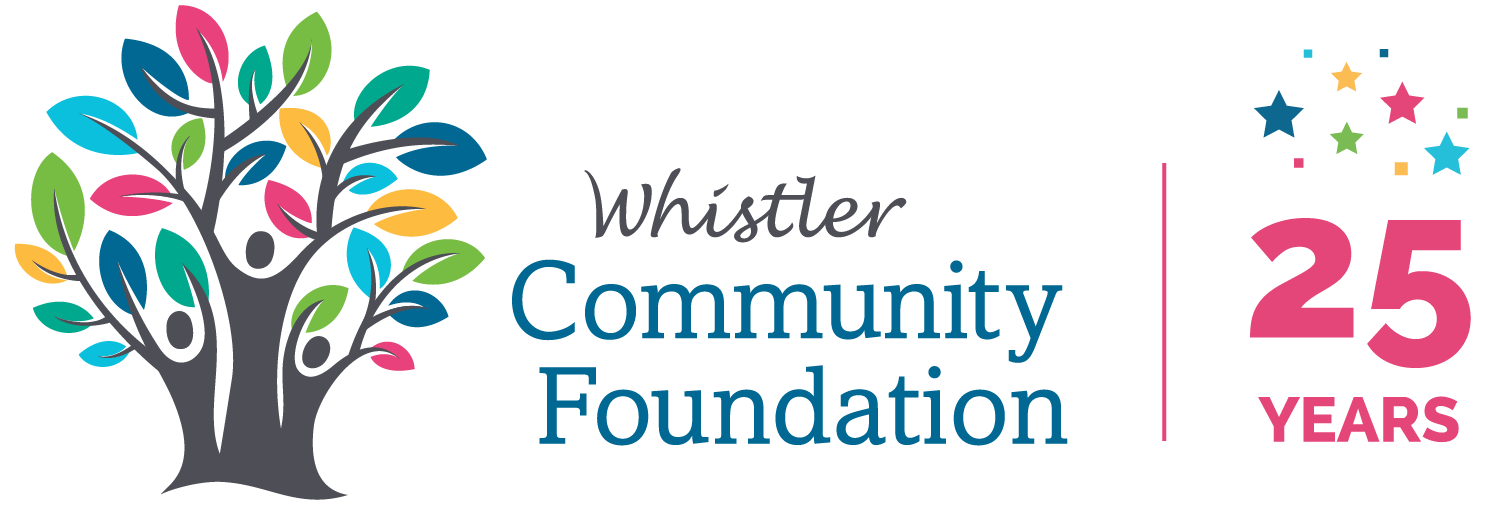Why Policy Matters to Whistler's NonProfits
A Revolutionary Bill Introduced in the Senate was Passed and Now Sits with the House
There’s no doubt Whistler, more than most communities of similar size, has benefited immensely from grassroots organizing.
You can look to any of our local registered charities (AWARE, Arts Whistler, Whistler Community Services to name only a few) and find stories of people organizing out of the trunk of their car or backpack to solve a problem they cared deeply about.
And it was only over time, that each of them realized charitable status. Presumably, some of them pursuing it as part of a larger strategy, and others taking it on only out of a necessity to fulfilling their mission.
Our community also has a number of nonprofits that have held back from gaining charitable status, and not always by choice. To obtain charitable status non-profits need time, people power and know-how. And quite frankly, cash. Which makes it a big pivot away from purpose and if you don’t have a lot of resources at hand, it can take all of what you’ve got.
Where are nonprofits now?
Tax Laws in Canada are such that it’s challenging to fund a nonprofit’s program unless they have charitable status. Challenging is the key word here. There are ways to make this work, for example a foundation can give money to a non-profit without charitable status by a process known as “Direction and Control”.
A non-profit can find a qualified partner, a registered charity, of similar mission to apply for the grant on behalf of the non-profit. But the qualified partner is now responsible for the “direction and control” of the program funded by the grant. Meaning the charity must do the application, follow up on the budget, and ensure the non-profit isn’t taking any risks that might compromise charitable status of the qualified partner.
And as time has gone on charities across the country have begun to shy away from offering to be a qualified partner, and rightfully so, it is a lot of work to direct and control smaller organizations.
What does this bill mean for nonprofits?
In the fall of 2021, Hon. Ratna Omidvar introduced a bill into the senate that would change the Income Tax Act to allow for grants to be directly made to a non-registered non-profit. The bill moved through the senate quickly and has been introduced into the house.
But it hasn’t passed through the House of Commons yet, and it requires more steps before it is passed into law and implemented. At WCF, we recognize many local groups would benefit from this change. We reached out to them and here is some of what they said.
It is our reality that we do feel excluded from full participation because we are unable currently to access the vast majority of charitable funding available locally. What we see is that those organizations who are able to receive charitable monies receive increasingly more. We are working hard to grow the skills, knowledge and experience of newcomers, immigrants, racialized and other marginalized people so that they can learn how to lead initiatives involved with growing equity and inclusion in our community.
Carole Stretch, Programs & Managing Director, Whistler Multicultural Society

If Bill S-216 is passed, WORCA would have the chance to access additional grants. This would be especially useful for raising funds for constructing new trails, as we currently rely on donations from members to do this but we need a lot more money for these projects [...] We looked into becoming a registered charity and found that the restrictive definitions for charitable purpose meant that we would probably need to stop our youth camp operations if we wanted to do this (our key purpose would be maintaining trails, and our youth camps could not be included even though they provide a huge benefit to the local community).
Trevor Ferrao, Executive Director, WORCA

How can the community help?
Communities have the power to self-advocate through their MP. If you feel compelled to ensure this bill moves forward, you could call your MP or write a letter to the editor and cc your local representatives.
Patrick Weiler, MP for West Vancouver – Sunshine Coast – Sea to Sky, can be reached through his constituency office: ourcommons.ca/members/en/patrick-weiler(105918)#contact
State of Philanthropy (video)
Senator Ratna Omidvar speaks to Community Foundations of Canada’s CEO Andrew Chunilall about the Senate bill that would permit charities, like foundations, to grant direct to groups, non-profits, social enterprises and more.
Bill introduced in the house
I am very excited to introduce this legislation, because it would help charities do their great work around the world. Currently, charities are unfortunately encumbered by significant red tape and bureaucracy. This legislation would go from a granular control, where charitable organizations in Canada have to okay nearly every decision of the partners they work with around the world or in Canada, to a system of accountability and transparency that will increase accountability for charities while giving them the autonomy to do their great work.
Mr. Phillip Lawrence, MP, House of Commons Debates
